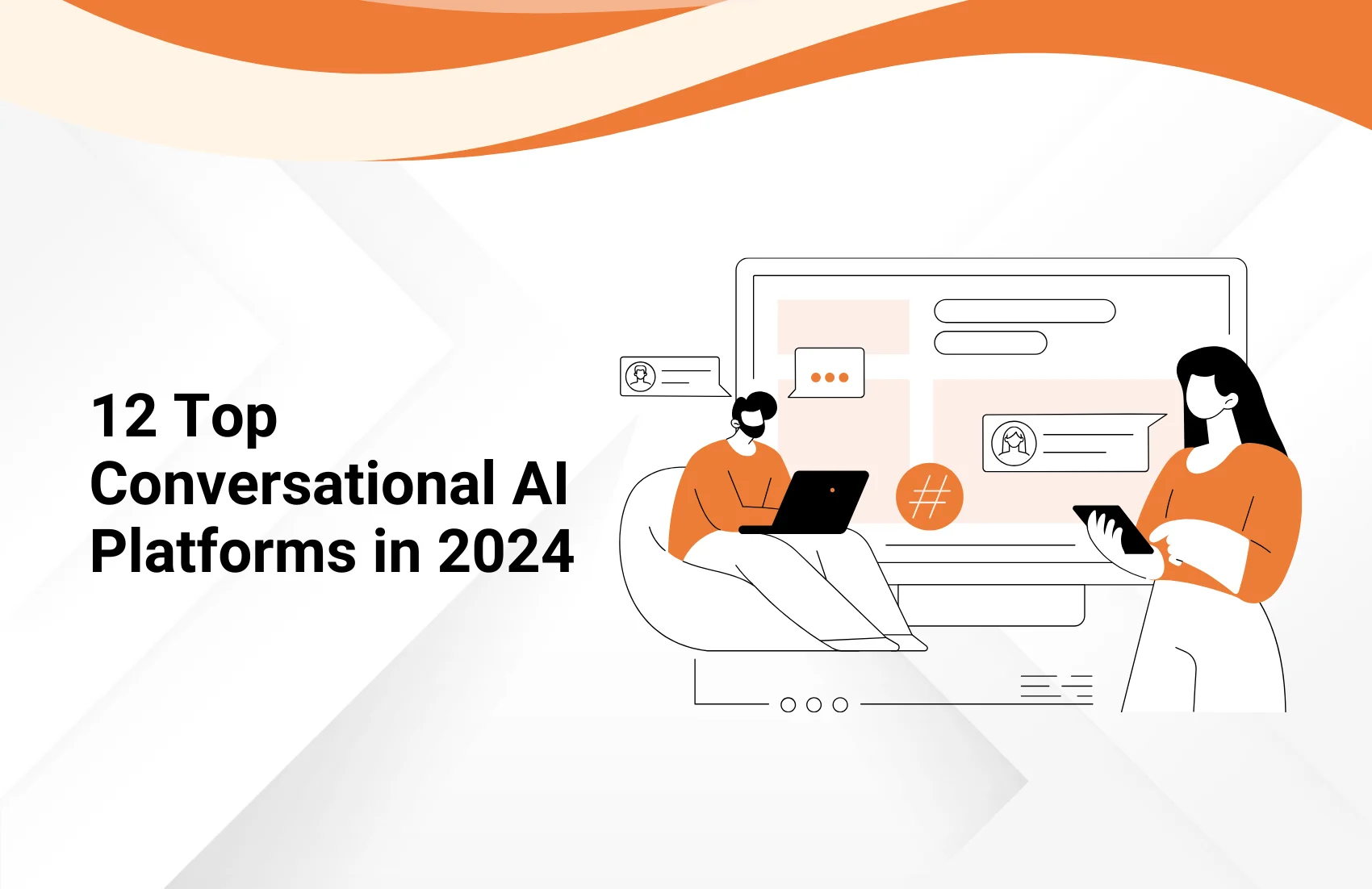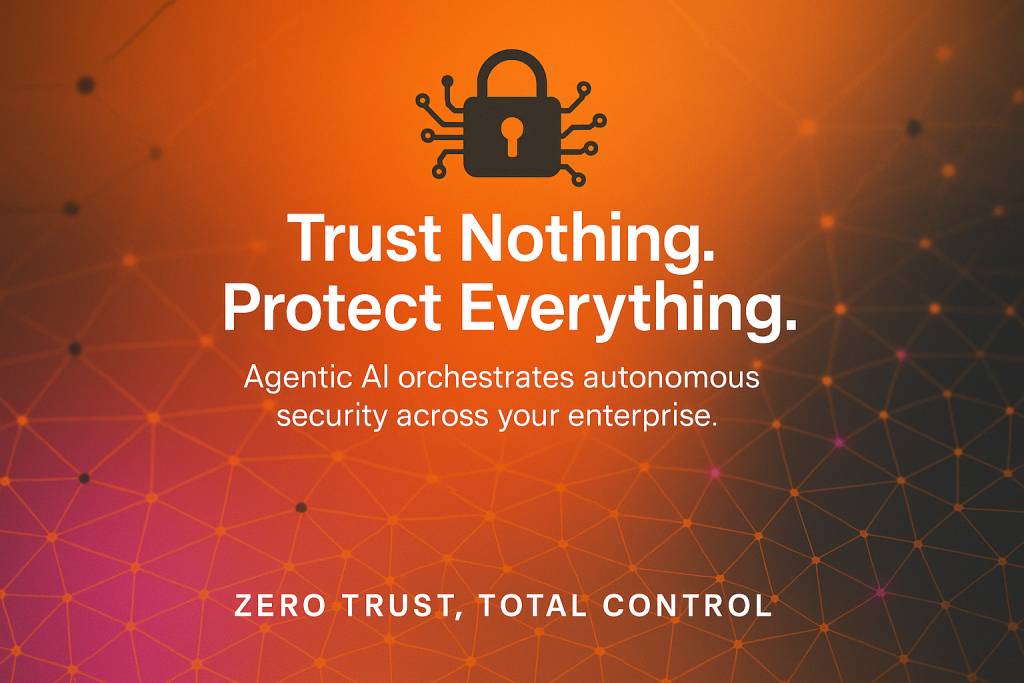What if there is a platform that can revolutionize the way businesses interact with customers, making communication more efficient and personalized? That’s what a Conversational AI platform does.
By leveraging advanced technologies like natural language processing and machine learning, these platforms can understand, interpret, and respond to human language in a way that feels natural and engaging.
Sounds interesting right?
Because of this valuable capability, 40% of business leaders are investing in conversation AI to increase customer satisfaction, as reported by PWC.
Moreover, companies like Starbucks and Sephora are already utilizing these tools to enhance customer experience, streamline processes, and drive sales. Additionally, in 2024, the adoption of conversational AI is expected to grow even more, with more industries recognizing its potential to transform customer interactions.
Therefore, understanding conversational AI and its workings is crucial for businesses looking to stay ahead of the curve. Let’s dive into the concept of conversational AI and explore its benefits, use cases, and how to choose the right conversation AI platform for your business.
What is Conversational AI?
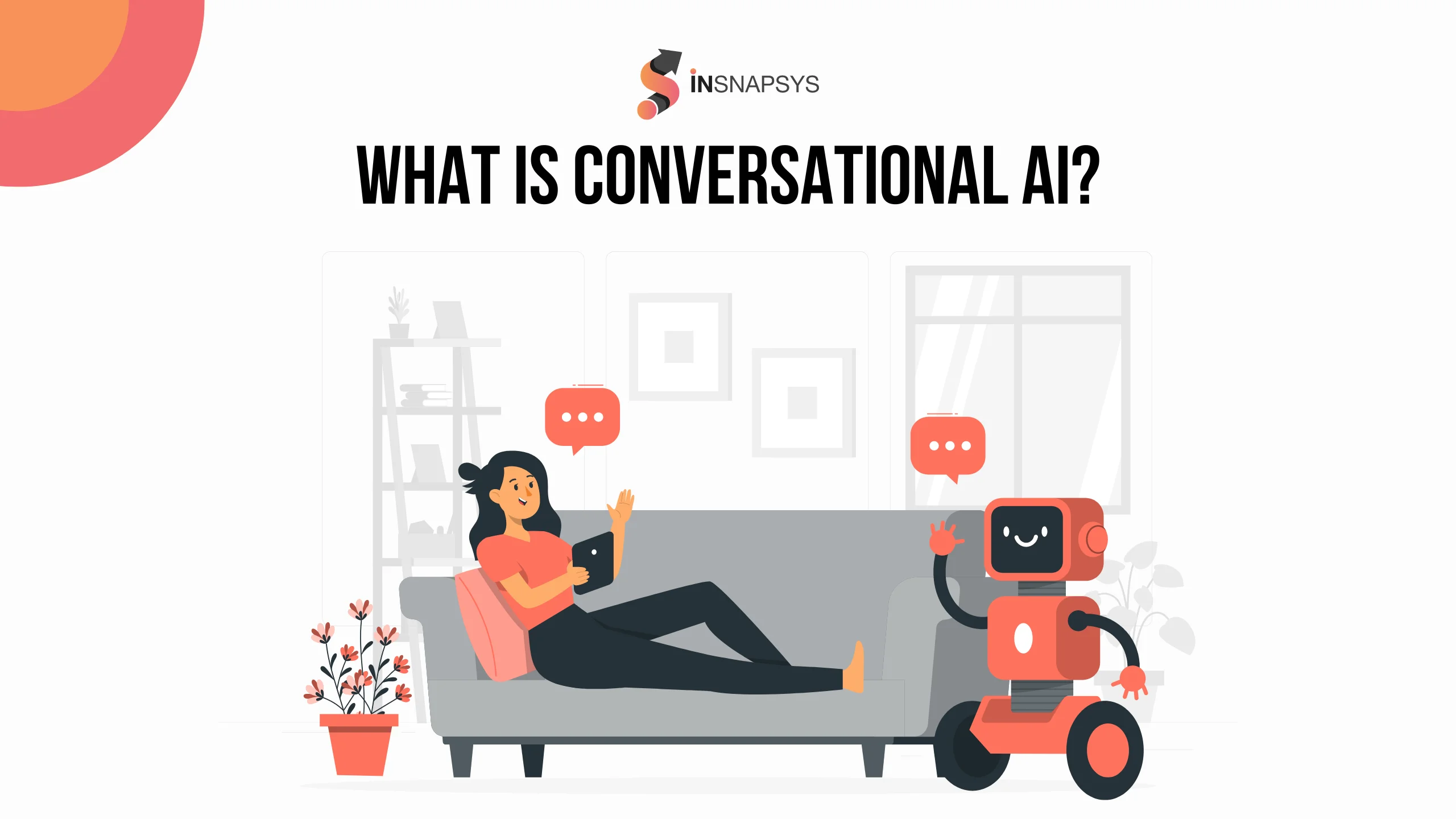
Conversational AI refers to technologies that enable computers to simulate and understand human conversations. It includes a range of technologies, including natural language processing (NLP), machine learning, and speech recognition. Additionally, Conversational AI is different from Generative and Predictive AI.
At its core, conversational AI aims to create seamless interactions between humans and machines. Conversational AI is intended to respond quickly, accurately, and individually to user inquiries. Moreover, it can be accessed through:
- Chatbots on websites,
- Virtual assistants like Siri and Alexa, or
- Customer service automation.
Furthermore, one of the key strengths of conversational AI is its ability to learn and improve over time. Through continuous interaction and data analysis, these systems can refine their responses, and better understand user intent. As a result, they provide more relevant and accurate information. Let’s learn how.
How Does a Conversational AI Tool Work?
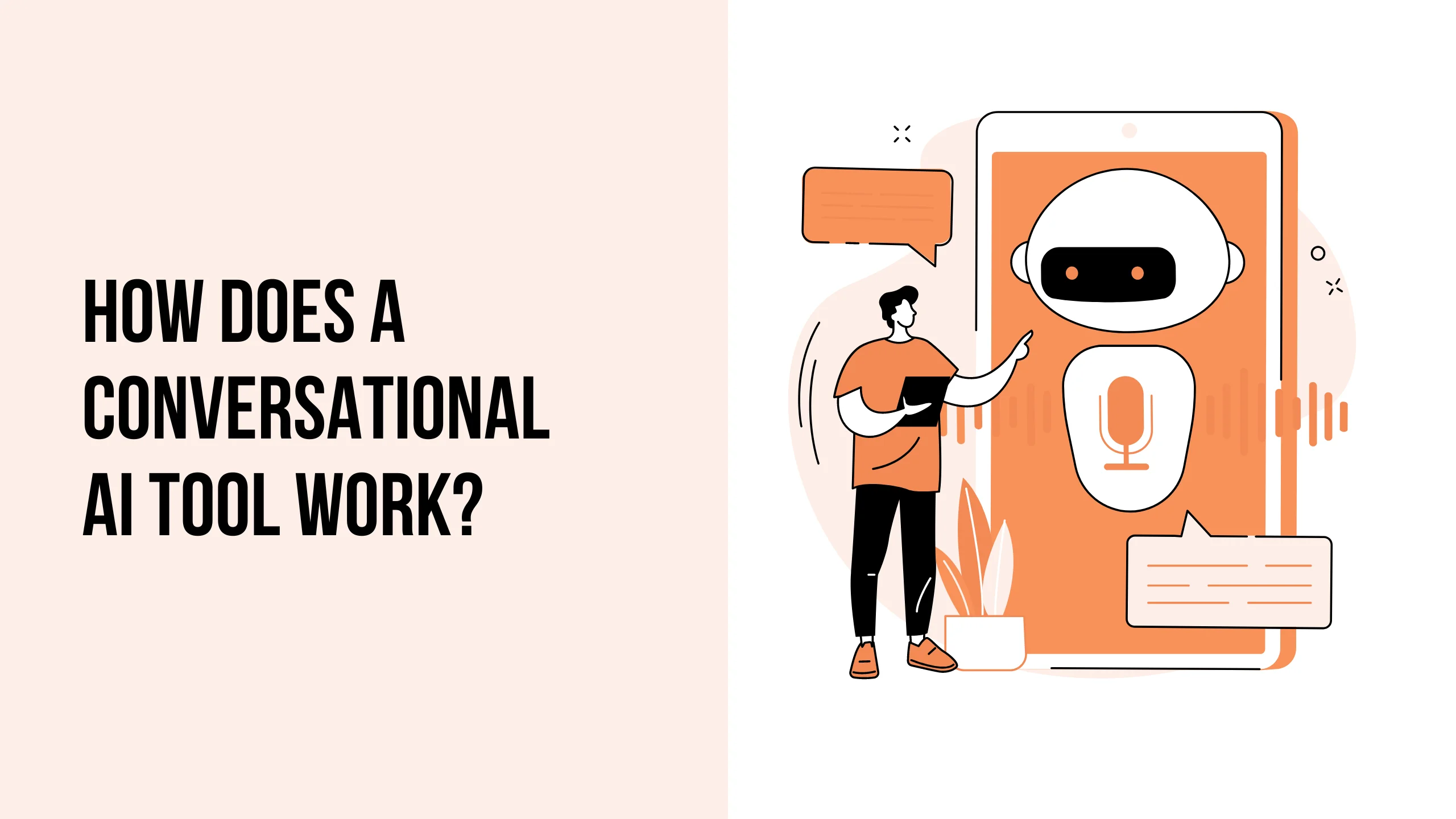
A conversational AI platform operates through a combination of several advanced technologies that work together to enable seamless and human-like interactions. Here’s a breakdown of the process:
- Natural Language Processing (NLP): The first step involves NLP, which enables the AI to understand and interpret human language. When a user inputs text or speech, the NLP component processes this input, breaking it down to understand the syntax, semantics, and context.
- Machine Learning (ML): Once the input is understood, ML algorithms come into play. These algorithms analyze the data and make predictions about the most appropriate responses. Furthermore, over time, ML helps the AI tool improve its accuracy.
- Speech Recognition and Generation: For voice-based interactions, the tool uses speech recognition technology. After processing the text, the AI generates a response, which is then converted back into speech through speech synthesis technology. Therefore, enabling a fluid conversation.
- Dialogue Management: This component manages the flow of the conversation. It keeps track of the content and ensures that responses are coherent and relevant. Moreover, dialogue management ensures that the AI maintains the context of the conversation, even if it spans multiple interactions.
- Integration with Data Sources: To provide accurate and relevant responses, a conversational AI platform often integrates with various data sources and systems. This could include databases, CRM systems, and other enterprise software. Thus, allowing the AI to fetch real-time information and deliver it to the user.
- User Interface: Finally, the tool interacts with the user through a user interface, which could be a chat window on a website, a messaging app, or a voice-enabled device. The UI is designed to be intuitive. As a result, this ensures a smooth and engaging user experience.
By combining these technologies, the conversational AI platform can simulate human-like interactions. This improves user experience and efficiency.
Advantages of Using Conversational AI
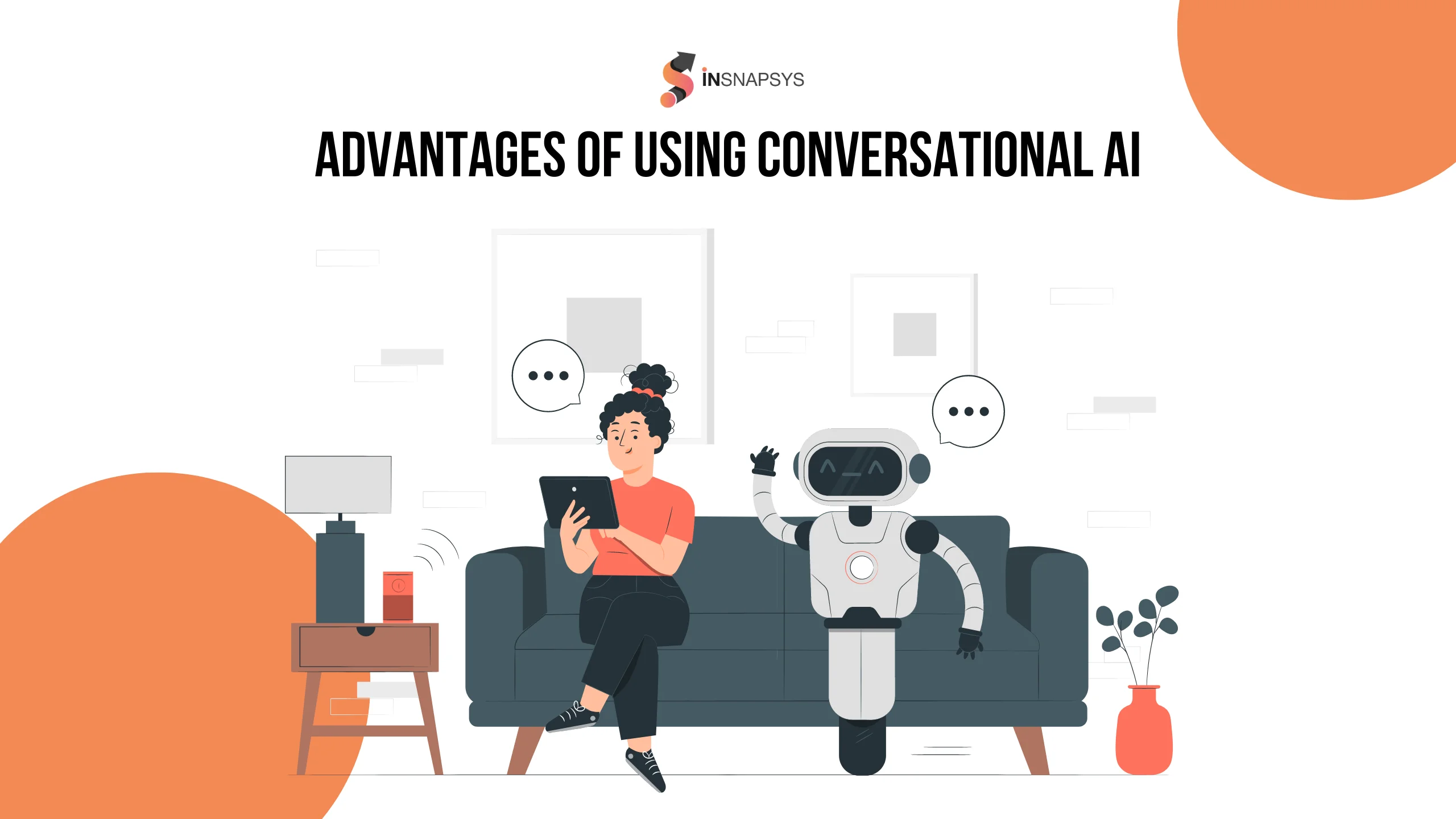
A conversational AI platform offers numerous advantages that can transform the way businesses interact with customers. Here are some of the key benefits:
- Enhanced Customer Engagement: Firstly, the conversational AI platform provides immediate, personalized responses to customer inquiries. Therefore, leading to higher levels of engagement. Moreover, by offering 24/7 support, these tools ensure that customers can get assistance whenever they need it.
- Cost Efficiency: Secondly, implementing conversational AI can significantly reduce operational costs. By automating routine inquiries and tasks, businesses can minimize the need for human intervention. As a result, this leads to lower staffing costs and increased efficiency.
- Scalability: A conversational AI platform can handle a large volume of interactions simultaneously. Thus, making it easier for businesses to scale their customer support operations without compromising on quality.
- Improved Accuracy and Consistency: These tools use advanced algorithms to analyze and interpret customer queries accurately. This ensures consistent responses. Moreover, over time, as the AI learns from interactions, its accuracy continues to improve.
- Data-Driven Insights: Lastly, the Conversational AI platform collects and analyzes data from every interaction. This data can be used to refine strategies, improve products and services, and create more targeted marketing campaigns.
Conversational AI Use Cases
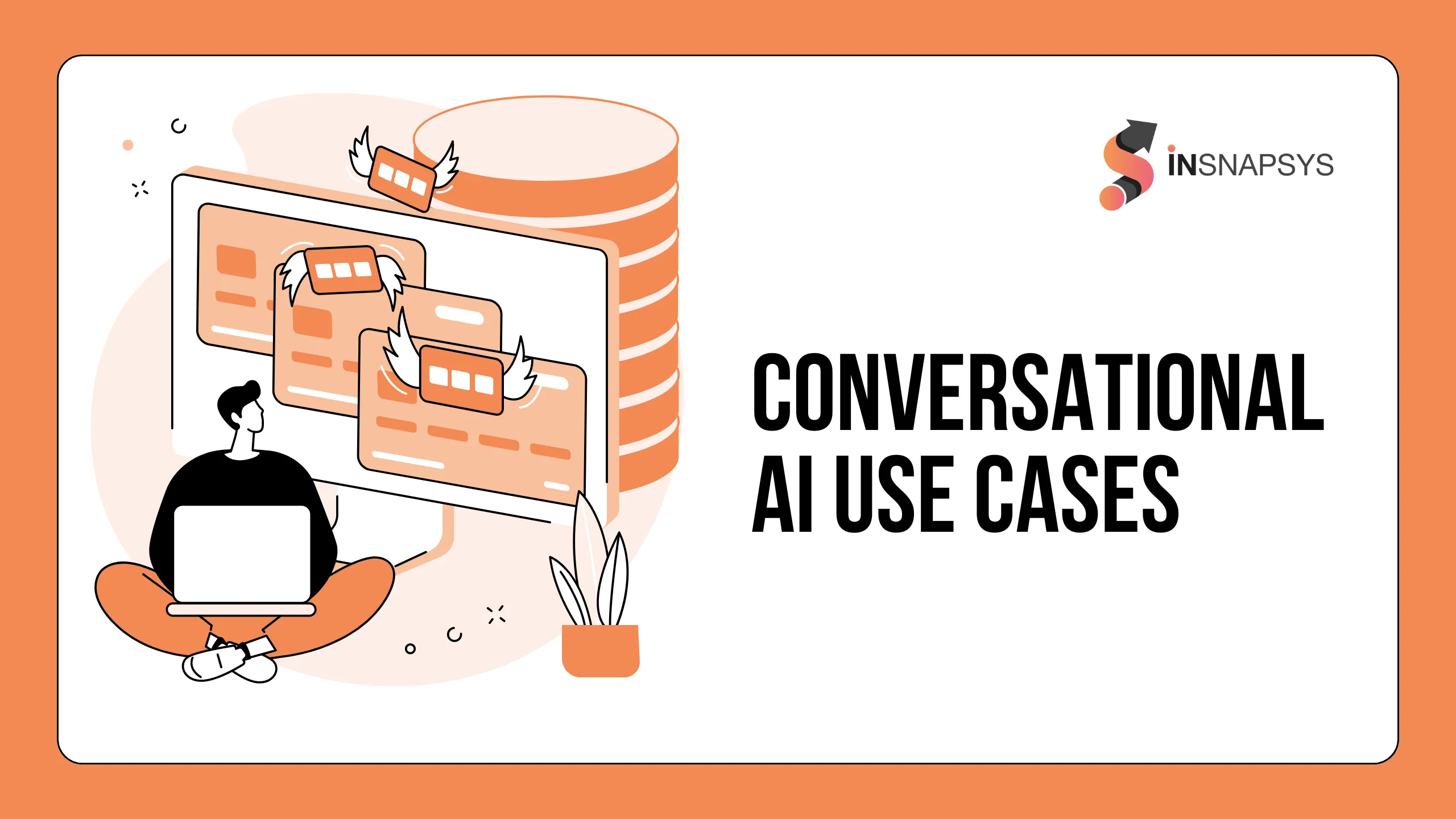
A Conversational AI platform is versatile and can be applied across various industries to improve customer interactions, streamline operations, and enhance user experiences. Here are some prominent use cases:
- Customer Support: Customer support automation is one of the most common use cases. Chatbots and virtual assistants can handle various customer queries, from answering FAQs to troubleshooting common issues. Thus, this reduces wait times and provides customers with instant assistance.
- E-commerce and Retail: In the e-commerce sector, conversational AI can assist customers with product recommendations, order tracking, and personalized shopping experiences. For instance, AI-powered chatbots can guide users through purchasing, providing real-time updates on order status.
- Banking and Finance: Financial institutions use a conversational AI platform to offer personalized financial advice, process transactions, and answer account-related queries. Additionally, virtual assistants can help customers check account balances, transfer funds, and understand financial products.
- Healthcare: In healthcare, conversational AI is used for patient engagement, appointment scheduling, and providing medical information. Moreover, AI-powered chatbots can offer preliminary diagnoses and remind patients of appointments. Additionally, it can also provide information on medications.
How to Choose the Right Conversational AI Platform for Your Business
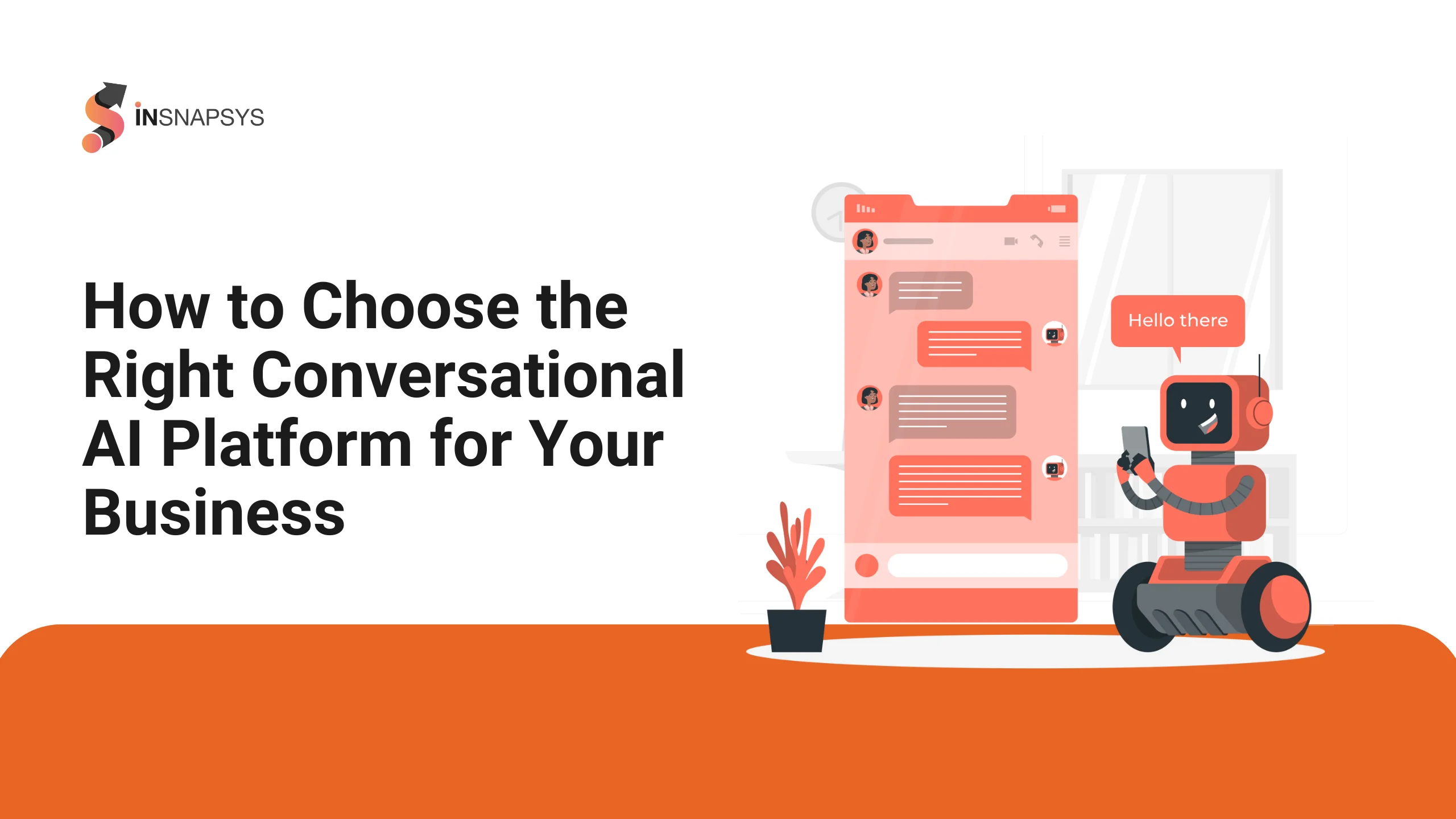
Selecting the right conversational AI platform for your business is crucial for maximizing the benefits and ensuring a seamless implementation. Here are some key considerations to help you make the best choice:
- Define Your Objectives: Firstly, start by identifying your specific goals for implementing a conversational AI platform. Are you looking to improve customer support, automate sales, or enhance employee engagement? Clear objectives will guide your decision-making process and help you choose a platform that aligns with your business needs.
- Evaluate Features and Capabilities: Secondly, look for a platform that offers a comprehensive set of features tailored to your requirements. Key features to consider include natural language processing (NLP), machine learning capabilities, and integration with existing systems.
- User Experience: A user-friendly interface is essential for both your customers and your team. Therefore, choose a platform with an intuitive design, and robust support for various communication channels like chat, voice, and social media.
- Scalability: As your business grows, so will the demands on your conversational AI platform. Ensure the platform you choose can scale with your business, handling increased interactions without compromising performance. Thus, look for solutions that offer flexible pricing models to accommodate growth.
- Integration Capabilities: Your conversational AI platform should seamlessly integrate with your existing systems, such as CRM, e-commerce platforms, and customer service software.
- Customization and Personalization: The ability to customize and personalize interactions is critical for delivering a superior customer experience. Therefore, choose a platform that allows you to tailor responses based on user data, preferences, and behavior, creating more meaningful conversations.
- Security and Compliance: Lastly, ensure the platform adheres to industry standards for cybersecurity and compliance. This is particularly important if you handle sensitive customer information. Look for features like data encryption, user authentication, and compliance with regulations such as GDPR or HIPAA.
12 Top Conversational AI Platforms
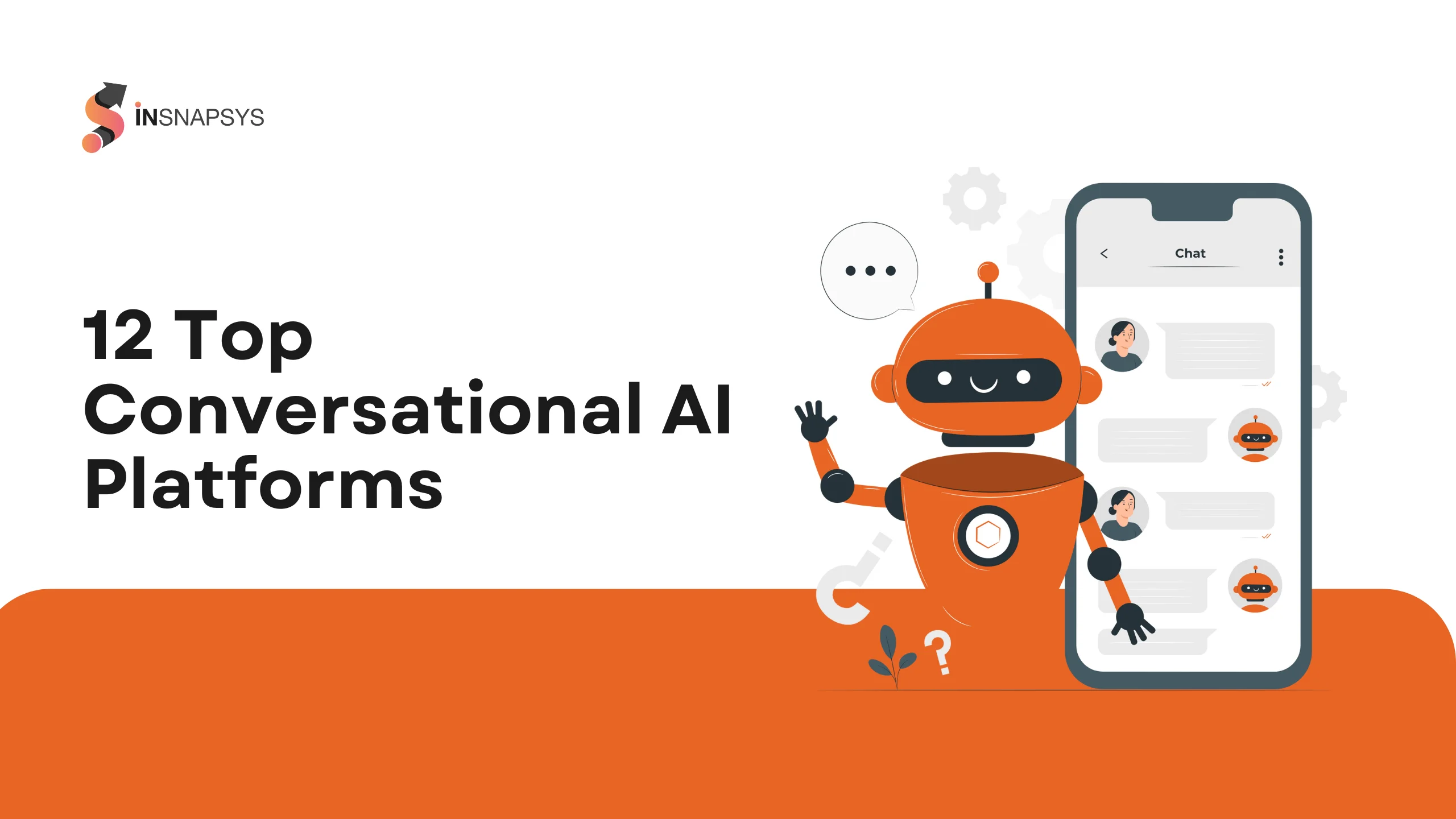
1. Dialogflow
Dialogflow, developed by Google, is a versatile conversational AI platform designed to create chatbots and voice applications that can engage in natural conversations. It leverages Google’s powerful machine-learning capabilities to understand and respond to user inputs accurately.
Moreover, with Dialogflow, businesses can easily integrate their applications across various platforms like Google Assistant, Alexa, and social media channels.
- Features:
- Natural Language Processing (NLP)
- Integration with Google Assistant, Alexa, and other voice assistants
- Multilingual support
- Easy integration with various messaging platforms
- Rich analytics and reporting tools
2. Microsoft Azure Bot Service
Microsoft Azure Bot Service provides an intelligent, scalable platform for building conversational applications. Leveraging the power of Microsoft’s AI and cloud services, this platform allows businesses to create bots that can seamlessly interact with users across multiple channels.
Additionally, it also offers robust security and compliance features. Thus, making it ideal for enterprise use.
- Features:
- Integration with Azure AI services like Language Understanding (LUIS) and QnA Maker
- Multichannel support (Microsoft Teams, Skype, Slack, etc.)
- Comprehensive SDK and developer tools
- Secure and compliant with enterprise-grade security
- Detailed analytics and performance monitoring
3. IBM Watson Assistant
IBM Watson Assistant is a robust AI-powered platform that helps businesses create conversational interfaces for various applications. It uses advanced NLP to understand user queries and provide relevant responses, enhancing customer engagement.
Furthermore, IBM Watson Assistant is known for its flexibility.
- Features:
- Advanced NLP capabilities
- Easy integration with existing systems and applications
- Customizable conversation flows
- Supports multiple languages
- Built-in analytics and performance tracking
4. Amazon Lex
Amazon Lex, a service provided by AWS, enables developers to build conversational interfaces using voice and text. Utilizing the same deep learning technologies that power Alexa, Amazon Lex offers advanced functionality for creating highly engaging and lifelike user interactions.
The best part? This conversational AI software seamlessly integrates with other AWS services, making it a powerful tool for building scalable AI applications.
- Features:
- Advanced speech recognition and natural language understanding
- Seamless integration with AWS services like Lambda and CloudWatch
- Multichannel deployment (web, mobile, and messaging platforms)
- Built-in support for AWS IAM for secure access
- Real-time analytics and logging
5. Rasa
Rasa is an open-source conversational AI platform that allows businesses to build highly customizable and flexible chatbots. Its framework is designed to handle complex dialogues and integrations.
Therefore, this makes it suitable for enterprises with specific needs. Additionally, Rasa provides tools for developers to create, train, and deploy conversational agents with advanced machine-learning capabilities.
- Features:
- Open-source framework for complete customization
- Advanced dialogue management
- Support for multiple languages and channels
- Integration with various messaging platforms and APIs
- Community support and extensive documentation
6. Kore.ai
Kore.ai offers a comprehensive conversational AI platform for building, deploying, and managing AI-powered chatbots and virtual assistants. It is focused on providing an end-to-end solution for enterprise automation.
Therefore, making it a preferred choice for many large organizations. Moreover, Kore.ai enables businesses to enhance customer interactions, automate processes, and improve overall efficiency.
- Features:
- Visual bot builder with no-code and low-code options
- Multichannel deployment (web, mobile, voice, and messaging)
- Advanced NLP and machine learning capabilities
- Enterprise-grade security and compliance
- Analytics and performance tracking
7. SAP Conversational AI
SAP Conversational AI is designed to help businesses create powerful chatbots and digital assistants that integrate seamlessly with SAP systems. This platform offers a robust set of tools for building, training, and monitoring chatbots.
As a result, this makes it ideal for enterprises looking to enhance their SAP ecosystem. Moreover, with the SAP Conversational AI platform, businesses can automate customer support, sales, and other processes efficiently.
- Features:
- Native integration with SAP solutions
- Advanced NLP and machine learning
- Multichannel support (web, mobile, messaging)
- User-friendly interface for building and training bots
- Comprehensive analytics and reporting
8. Drift
Drift is a conversational AI platform focused on enhancing marketing and sales interactions. It provides tools for creating chatbots that can engage website visitors, and qualified leads, and drive conversions.
Additionally, Drift’s platform is designed to integrate seamlessly with various CRM systems, making it a valuable tool for businesses looking to boost their sales funnel.
- Features:
- Lead qualification and routing
- Integration with CRM and marketing automation tools
- Personalized messaging based on user behavior
- Real-time conversation analytics
- Easy-to-use bot builder
9. Haptik
Haptik is a leading conversational AI platform that enables businesses to create intelligent virtual assistants for customer service, sales, and support. With a strong focus on delivering high-quality customer interactions, Haptik’s platform is known for its reliability and performance.
Furthermore, it supports a wide range of use cases across different industries, providing scalable solutions for enterprises.
- Features:
- Advanced NLP and machine learning
- Integration with various messaging platforms
- Multilingual support
- Analytics and performance tracking
- Pre-built templates for quick deployment
10. LivePerson
LivePerson offers a conversational AI platform that focuses on improving customer engagement through intelligent chatbots and messaging solutions. It enables businesses to connect with customers across multiple channels, providing personalized and efficient support.
Additionally, LivePerson’s AI-driven platform is designed to enhance customer experience and drive operational efficiency.
- Features:
- AI-powered chatbots and messaging solutions
- Integration with web, mobile, and social media platforms
- Real-time analytics and reporting
- Omnichannel support
- Customizable conversation flows
11. Ada
Ada is a conversational AI platform designed to automate customer service and support. Its no-code interface allows businesses to create and manage chatbots without the need for extensive technical expertise.
Ada’s platform is built to provide fast, accurate, and personalized responses, helping businesses reduce support costs and improve customer satisfaction.
- Features:
- No-code bot builder
- Advanced NLP and machine learning
- Multichannel support (web, mobile, messaging)
- Integration with CRM and helpdesk systems
- Detailed analytics and reporting
12. Teneo
Teneo by Artificial Solutions is a sophisticated conversational AI platform that allows businesses to create human-like interactions across multiple channels. It supports complex dialogues and offers extensive customization options. Thus, making it suitable for large enterprises with specific requirements.
Furthermore, Teneo’s platform leverages advanced NLP and AI technologies to deliver high-quality conversational experiences.
- Features:
- Advanced dialogue management and NLP
- Multichannel and multilingual support
- Integration with existing systems and APIs
- Analytics and performance tracking
- Extensive customization options
These are the 12 conversational AI platforms that showcase diverse capabilities, catering to various business needs and industry requirements.
How to Evaluate the Best Conversational AI Platform
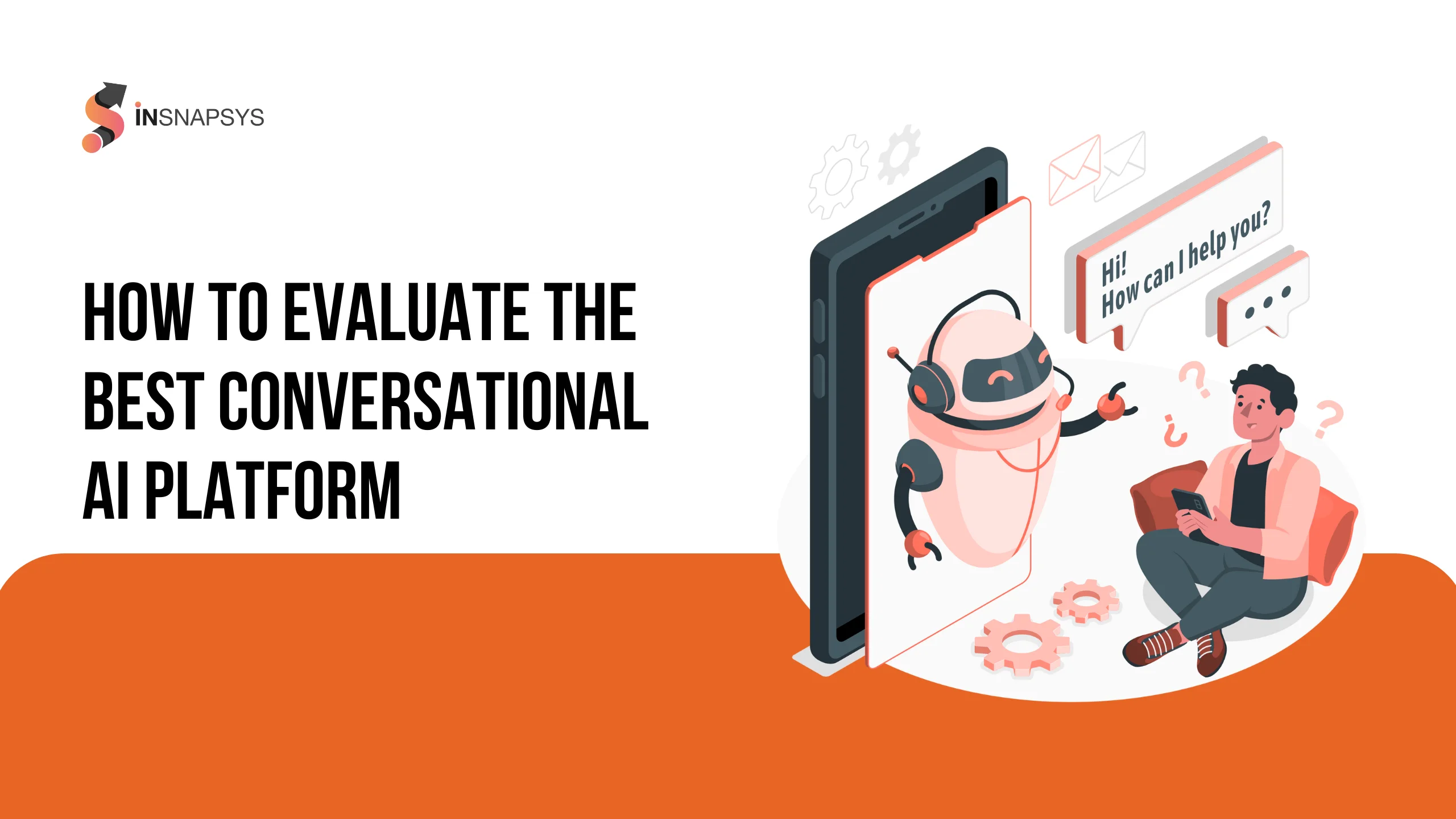
Choosing the best conversational AI platform for your business involves thorough evaluation and comparison. Here are some key factors to consider when evaluating different conversational AI tools:
-
Understand Your Requirements:
-
-
- Business Goals: Firstly, define what you aim to achieve with a conversational AI platform. Whether it’s improving customer support, increasing sales, or streamlining internal processes, knowing your goals will help you narrow down the options.
- Use Cases: Secondly, identify specific use cases relevant to your business. This will ensure that the conversational AI platform you choose can handle the scenarios and interactions you need.
-
-
Analyze Features and Functionality:
-
-
- Natural Language Processing (NLP): Evaluate the platform’s ability to understand and process human language accurately. Advanced NLP capabilities are crucial for providing relevant and contextually appropriate responses.
- Machine Learning: Check if the platform uses machine learning to improve its performance over time. This ensures the AI becomes more accurate and effective with continuous use.
- Multichannel Support: Additionally, ensure the platform supports the communication channels you use, such as web chat, mobile apps, social media, and voice assistants.
-
-
Evaluate Integration Capabilities:
-
-
- Existing Systems: Certify that the platform can seamlessly integrate with your existing systems, such as CRM, ERP, and helpdesk software. This will enable a smooth flow of information and enhance overall efficiency.
- APIs and SDKs: Additionally, look for a conversational AI platform that offers comprehensive APIs and SDKs for easy integration and development.
-
Assess User Experience:
- Ease of Use: The platform should have an intuitive interface for both developers and non-technical users.
- User Interface Design: Moreover, evaluate the quality of the user interface (UI) provided by the conversational AI platform. A well-designed UI ensures a smooth and engaging user experience.
-
-
Consider Scalability and Performance:
-
- Handling High Volume: Ensure the platform can handle high volumes of interactions without compromising performance. This is crucial for businesses expecting rapid growth or seasonal spikes in activity.
- Global Reach: Finally, if you operate in multiple regions, choose a platform that offers multilingual support and can cater to a global audience.
Key Features to Look Out for in Your Conversational AI Platform
When selecting a conversational AI platform for your business, certain key features are essential for certifying a seamless implementation. Here are the critical features to look for:
- Natural Language Processing (NLP):
- Advanced NLP Capabilities: Firstly, ensure the platform has robust NLP capabilities to accurately understand and process human language. This includes the ability to recognize intents, entities, and context within conversations.
- Multilingual Support: Secondly, look for enterprise conversational AI platforms that support multiple languages. Thus, allowing you to cater to a diverse customer base.
- Machine Learning and AI:
- Self-Learning: The conversational AI platform should leverage machine learning to continuously improve its performance over time.
- Customizable Models: Furthermore, make sure the platform allows for the customization of AI models to better align with your specific business needs and industry terminology.
- Integration Capabilities:
- API and SDK Support: Search for platforms that offer comprehensive APIs and SDKs for easy integration with your existing systems and applications.
- CRM and ERP Integration: The ability to integrate with CRM, ERP, and other business systems ensures a seamless flow of information and enhances operational efficiency.
- Omnichannel Support:
- Multiple Channels: The platform should support various communication channels, including web chat, mobile apps, social media, email, and voice assistants. This ensures consistent user experience across different touchpoints.
- Channel-Specific Customization: Moreover, make sure that the conversational AI platform allows for customization of interactions based on the specific channel being used, optimizing the user experience for each platform.
- User Experience and Interface:
- Intuitive Design: The platform should have an easy-to-use interface that allows both technical and non-technical users to create and manage conversational flows without extensive training.
- Rich Media Support: Lastly, search for platforms that support rich media elements like images, videos, and interactive buttons.
Conclusion
Choosing the right conversational AI platform is a critical step in leveraging the full potential of AI-driven interactions to enhance your business operations.
To select the best platform, it’s essential to carefully evaluate your business needs, and examine the key features and capabilities of potential solutions. Moreover, it is crucial to make sure they align with your goals.
Additionally, the right conversational AI platform will not only enhance customer engagement and satisfaction but also drive efficiency and provide valuable insights.
FAQs about the Conversational AI platform
1. What is the difference between a chatbot and a conversational AI platform?
A chatbot is a program designed to simulate conversation with users, typically for customer service or information retrieval. A conversational AI platform, on the other hand, uses technologies like NLP and machine learning to understand and respond to user inputs in a more human-like manner.
2. Can small businesses benefit from using a conversational AI platform?
Yes, small businesses can greatly benefit from using a conversational AI platform. These platforms can automate customer support, handle inquiries around the clock, and provide personalized interactions without the need for a large team.
3. How long does it take to implement a conversational AI platform?
The time it takes to implement a conversational AI platform can vary depending on the complexity of your needs and the platform you choose.
4. Do conversational AI platforms require coding knowledge to set up?
Some of the best conversational AI platforms are designed to be user-friendly and do not require extensive coding knowledge to set up. However, it is wise to hire developers for your integration needs. Insnapsys is the best place to hire developers.
5. How secure are conversational AI platforms?
Most conversational AI platforms are built with robust security features to protect user data.






